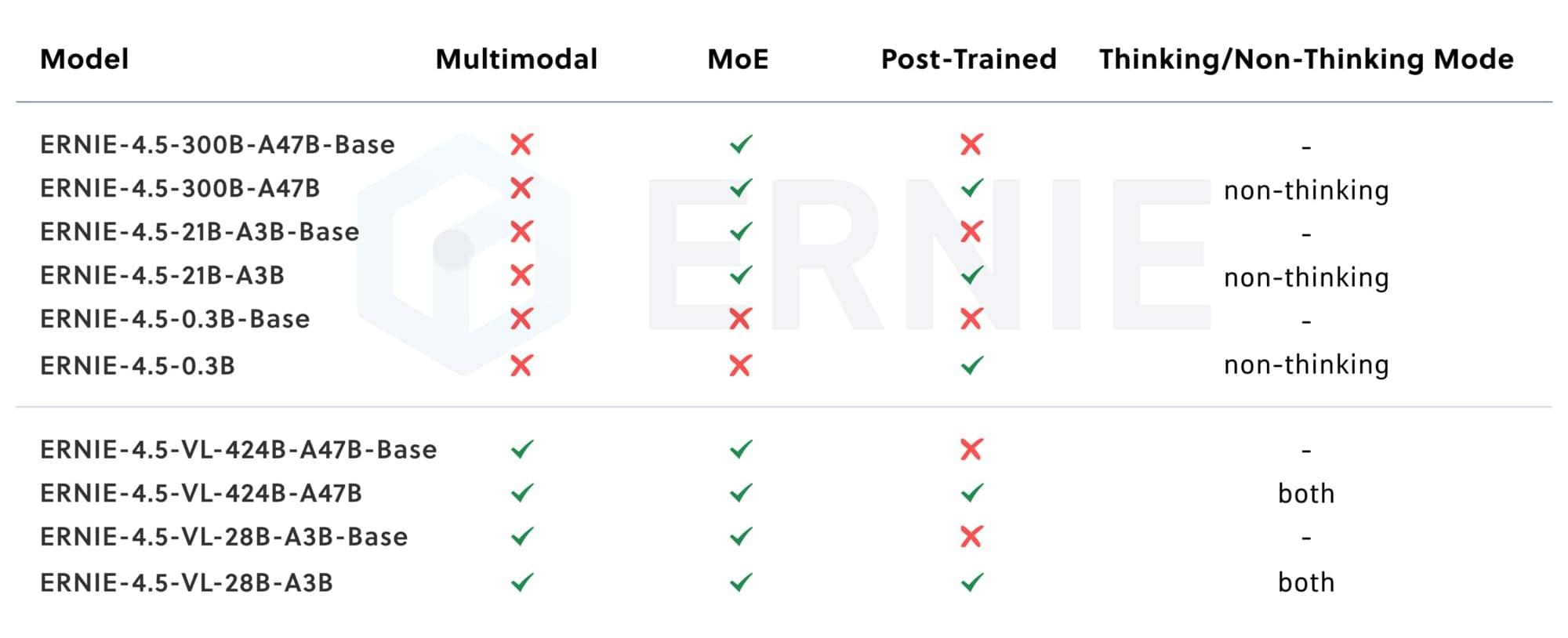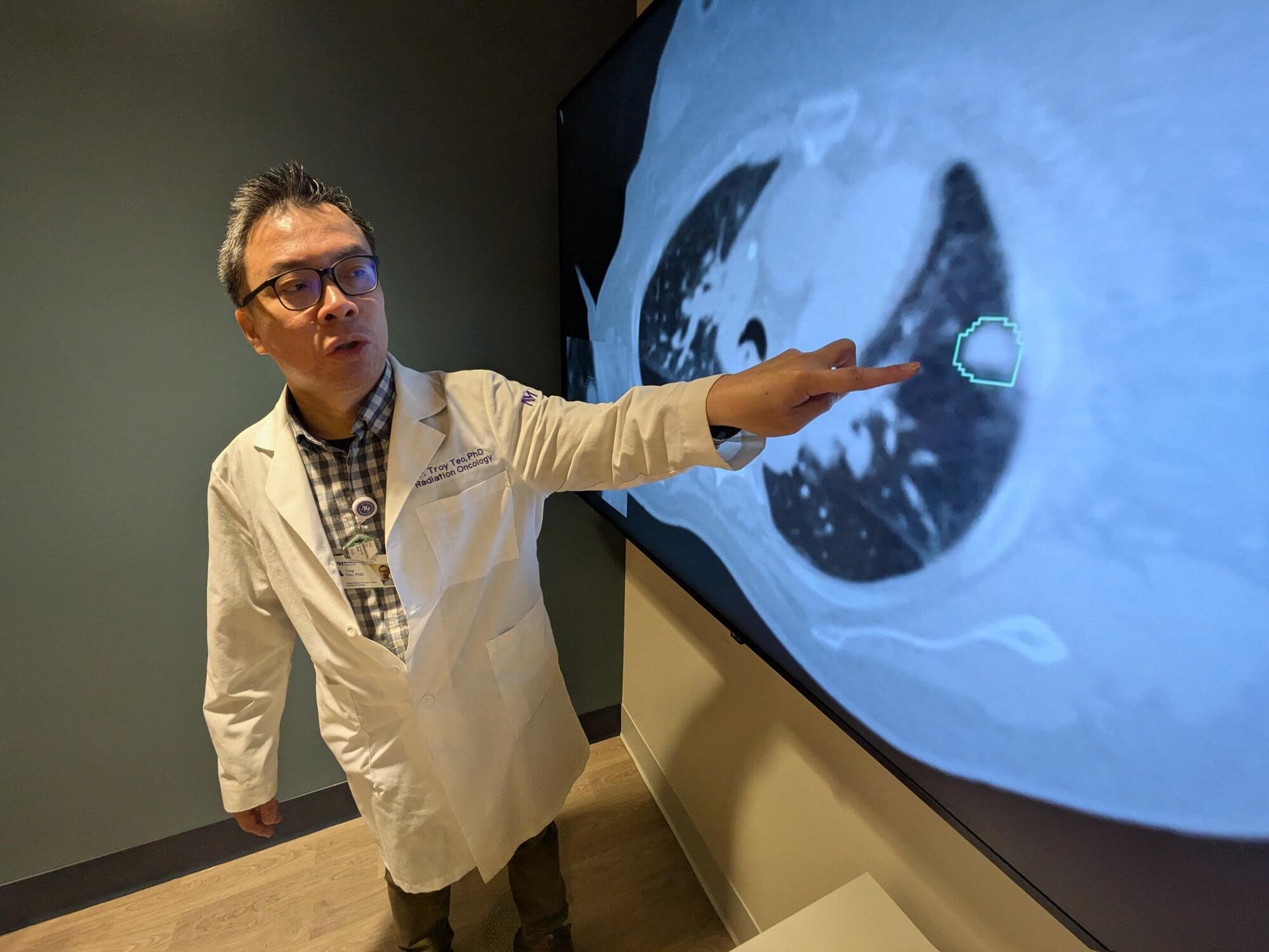A new international study finds that people place greater emotional value on empathy they believe comes from humans—even when the exact same response is generated by artificial intelligence.
Published in Nature Human Behaviour, the study involved over 6,000 participants across nine experiments.
The researchers, led by Prof. Anat Perry from the Hebrew University of Jerusalem and her Ph.D. student Matan Rubin, in collaboration with Prof. Amit Goldenberg, with researchers from Harvard University and Prof. Desmond C. Ong, from the University of Texas, tested whether people perceived empathy differently depending on whether it was labeled as coming from a human or from an AI chatbot.








